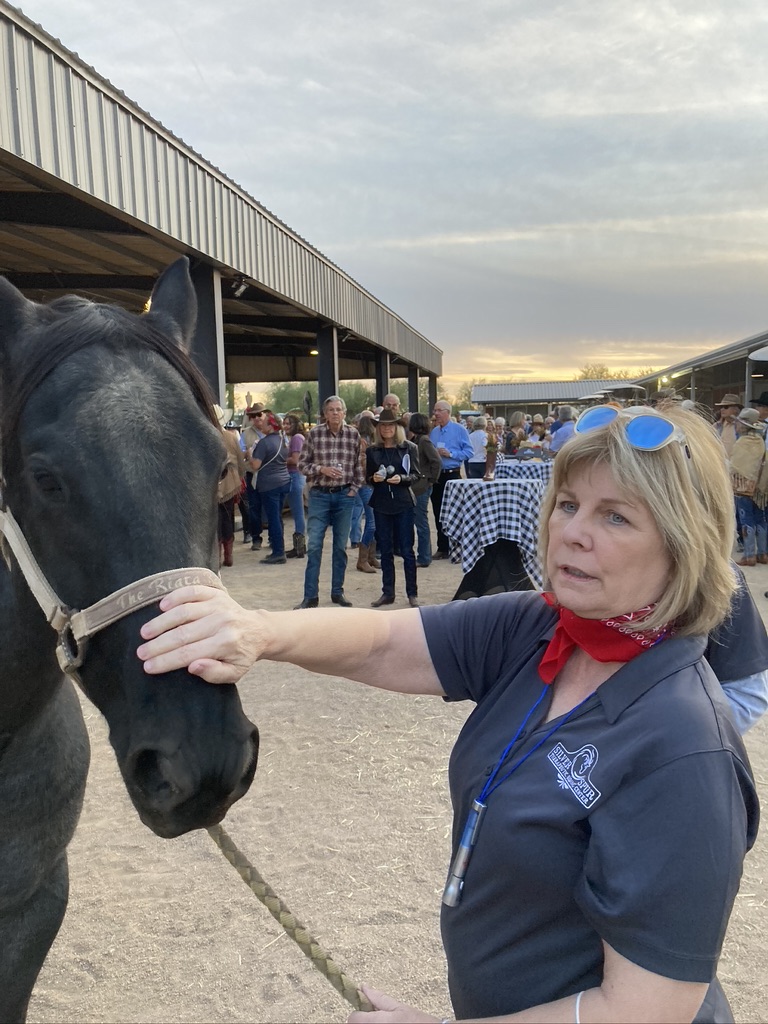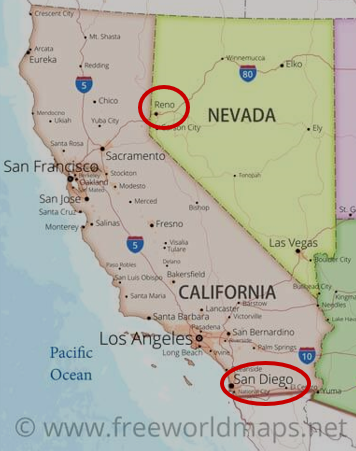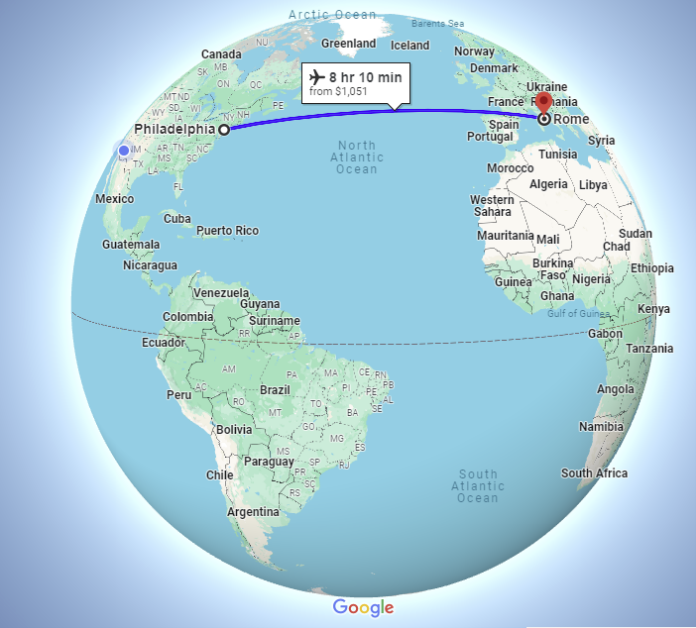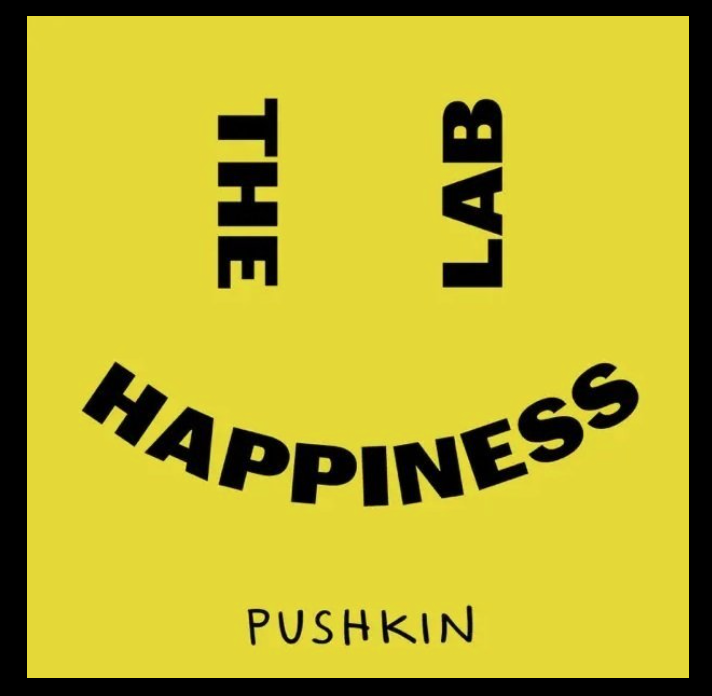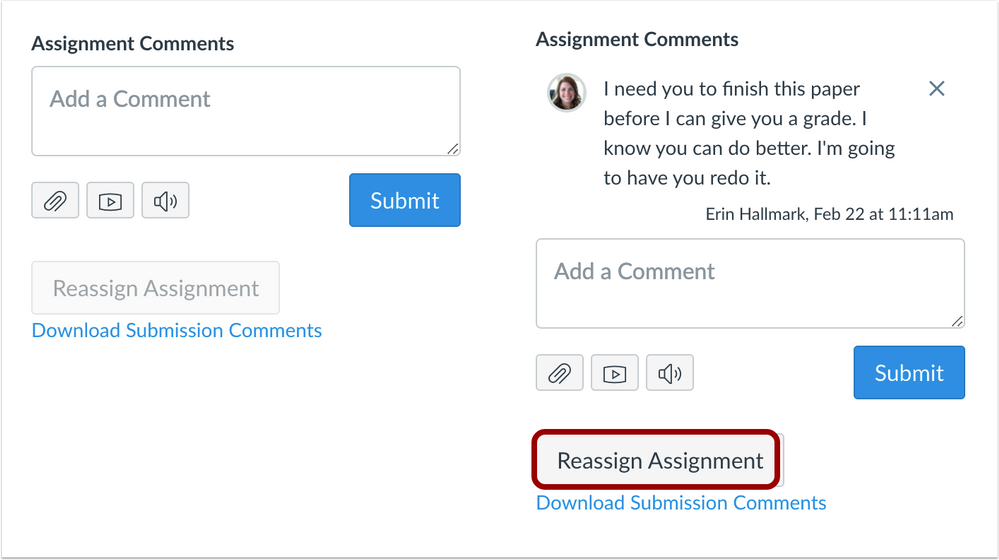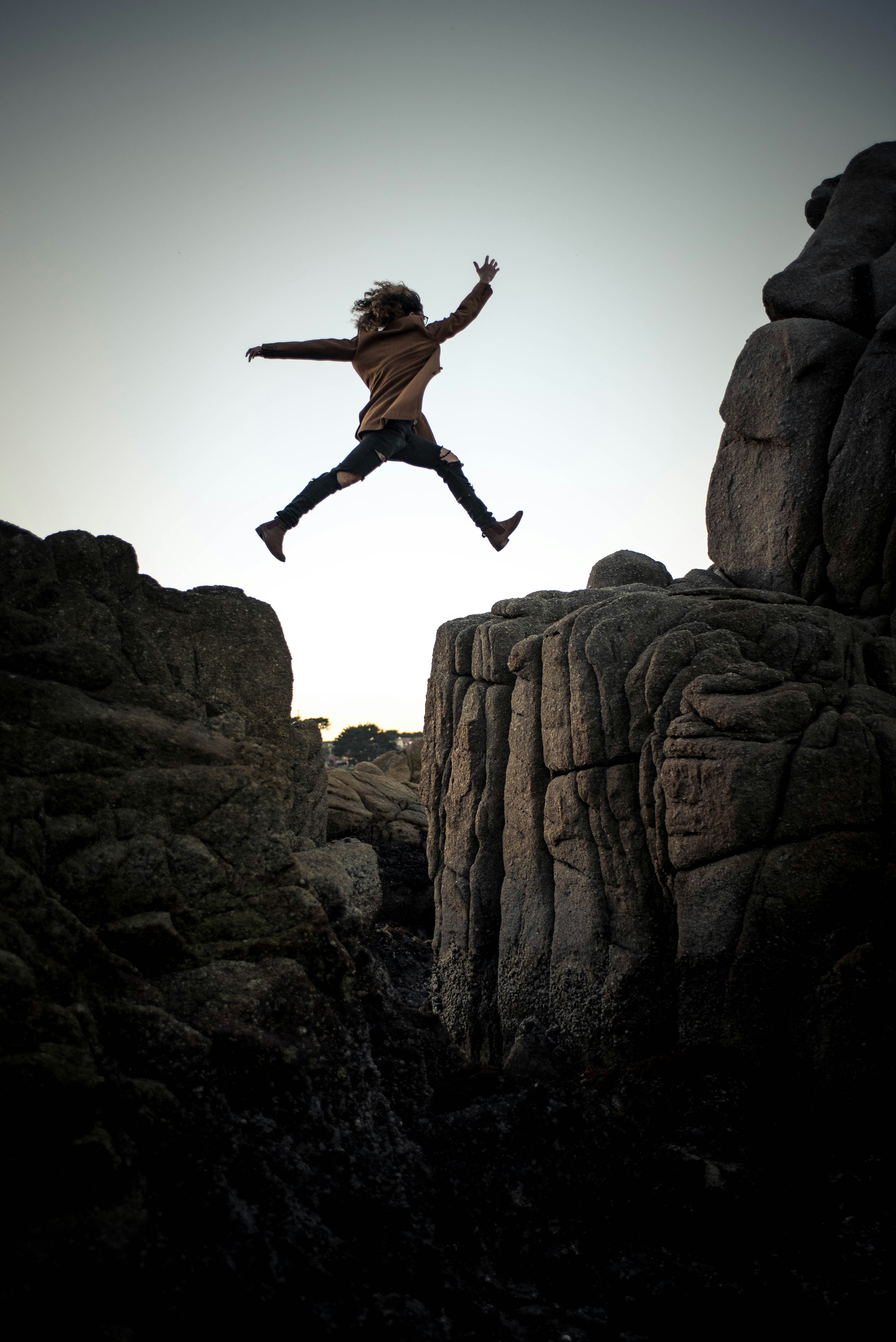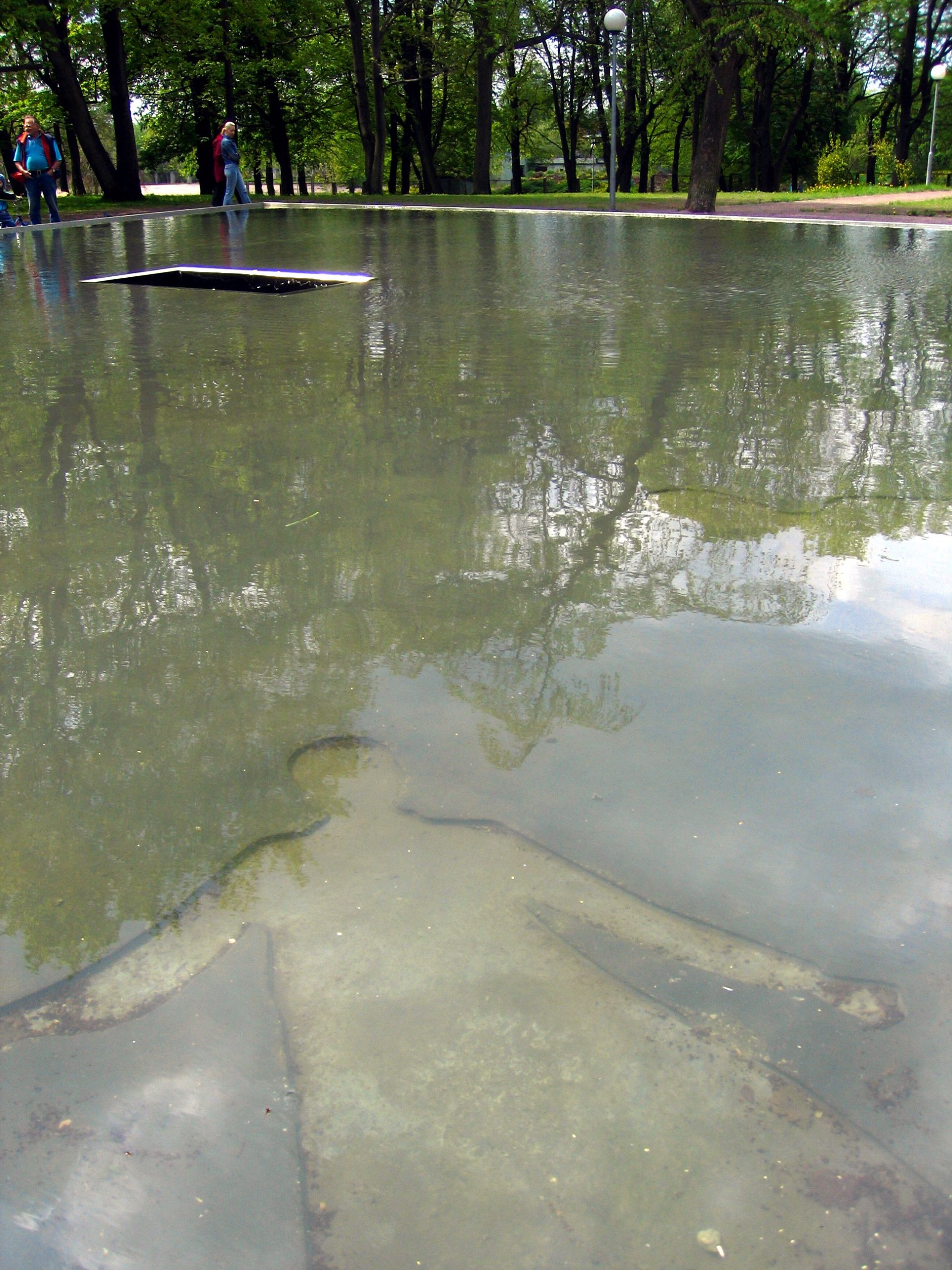I was on a Zoom call recently when someone looked at my background and said “Is that real?” We were in the process of setting up, and getting our meeting started so I didn’t realize she was talking to me, so I didn’t answer. (“You talkin’ to me?!”) But I digress.
As a matter of fact, my Zoom background isn’t a background at all. It is my office. It took years to learn that others used something similar as a background. In my office I have books. Behind me (while I’m sitting here writing this) looms a large two-tier floor to ceiling bookcase, and that was what she was seeing. But that was only one wall. I have two more walls of bookcases. In fact, my home is filled with books, and books, and books. Outside my office I have more floor to ceiling bookcases, which house hundreds of my husband’s books. The ones in my office are textbooks, reference books, music scores, and books and anthologies of poetry (mostly public domain) of poems I use or have used in my music. Anything I’m currently reading in fiction, Mick Herron, Ann Cleeves, or John Sanford (you have to know that reference or you won’t get the fact that he’s a Pulitzer-prize winning reporter with over forty books); or non-fiction, Malcolm Gladwell, for example, is in my Kindle, quietly holding hundreds more books. I don’t read so much as devour. But again, I digress.
Where my office doesn’t have books I have artwork, mostly paintings by my mother, whose work I greatly admire, in oils, watercolors, or pastels. When we moved her out of her home recently, we had to deal with her office – her art room. I’ll never forget when I mentioned to my husband that my mother won “Best in Show,” he glibly shot back, “What breed did she register under?” because he knew she had a fistful of ribbons that she’d won in competitions over the years. Along with ribbons were paints, paint brushes, paintings, ideas for paintings, and books about painting. We soon realized this was part of a floating iceberg – there was more art and were more canvases squirreled away in other parts of the house! She is 91, and now living in an apartment. She went to an art class recently given at her facility but pretended not to know anything so as not to show anyone up. Very Minnesotan of her – not a surprise since she was born and raised there. But again, I digress.
I happen to be very visual – and visually pleasing things help me to write and think. Sometimes I’m not looking at something as much as staring, thinking of the words I’m trying to elicit from my sometimes-slow-as-molasses brain. On my desk is a two-foot-high sculpture which I lugged on a plane, stowed between my feet coming back from Houston. I love it and am happy I went to the trouble to get it to my very first office, and every subsequent office since.
Minnesota Nice
I have finally tucked my degrees on a wall next to the aforementioned large bookcase when I moved to Arizona, but you won’t see them front and center. They would only be slightly noticeable if you completely entered the room. So, if you just stick your head in you surely won’t see them. And on a Zoom call they’re just out of focus enough that you can’t read them either. (That’s so “Minnesota” of me. You work your buns off only to place your degrees in a spot that people “might” see, but again, they “might not.” So, that’s being very Minnesotan, understated, but still honest, a bit like my mother, an award-winning artist but not about to show up a budding volunteer art teacher who was providing the little art class to other ninety-year-olds.) Again, digressing…
Office Particulars
I, too, have a stack of legal pads – I love legal pads (but prefer other colors to yellow if I have the option) and love to write things down. It’s a mnemonic, a memory tool, and I’m an inveterate doodler as well. So, somehow between the computer, the occasionally working printer – which is virtually brand new – and my legal pads I get my work completed. They all sit happily or grumpily on my desk (depending on threatening deadlines) along with a calendar of course deadlines, which week we happen to be in, and what my students’ imminent deadlines are.
Technically I have two offices and three desks. Two desks at angles to each other, in beautiful cherry, a wood that is not currently in vogue, but I don’t care. A cherry drafting table sits downstairs and looks at me imploringly under heavy brows when I descend the staircase. It sits next to the grand piano. It used to scold me, but now we have an “understanding.” When I feel like using it – I do. First plan regarding moving in, do not dream of moving a grand piano upstairs! Very good plan. At least the piano doesn’t have an attitude.
I mentioned going through my mother’s artwork and her office. Unfortunately, there will come a time when someone has to do that for me – and my music. Hopefully I’ll get to it before then, but one never knows. There are copyrights involved so there is some consolation on getting something for their trouble. Some of my music is in the closet with extra shelving. Some of the music is in a computer on pdfs (which computer does that reside in is the real question), some hard copies in file folders based on a previous method of storage. We (my husband and I) are trying to decide the next best way to store scores, parts, and recordings that go with each piece when it needs to go out to performers or conductors. This decision came after spending Christmas Break frantically searching through several computers, other closets in other rooms which hold older pieces, not to mention downstairs near the piano, where it might have also been, in an effort to find my second string quartet and vocal chamber piece that had to be sent RIGHT NOW.
My office was better organized when I taught at Hamline University because I had a secretary and an honors student assistant. But that was many pieces ago and a different institution and state. I simply have more music, larger pieces, and need a new organizational system. But it’s the middle of the semester, I’m working on two CD projects, and helping my students with their deadlines. I’ve finally gotten a couple of these 6×6 writings under my belt, which I’ve been owing. My accoutrements are scowling a little less as I walk into the room. What I probably need for my office is an assistant or perhaps less judgmental furniture . . . but I digress.

